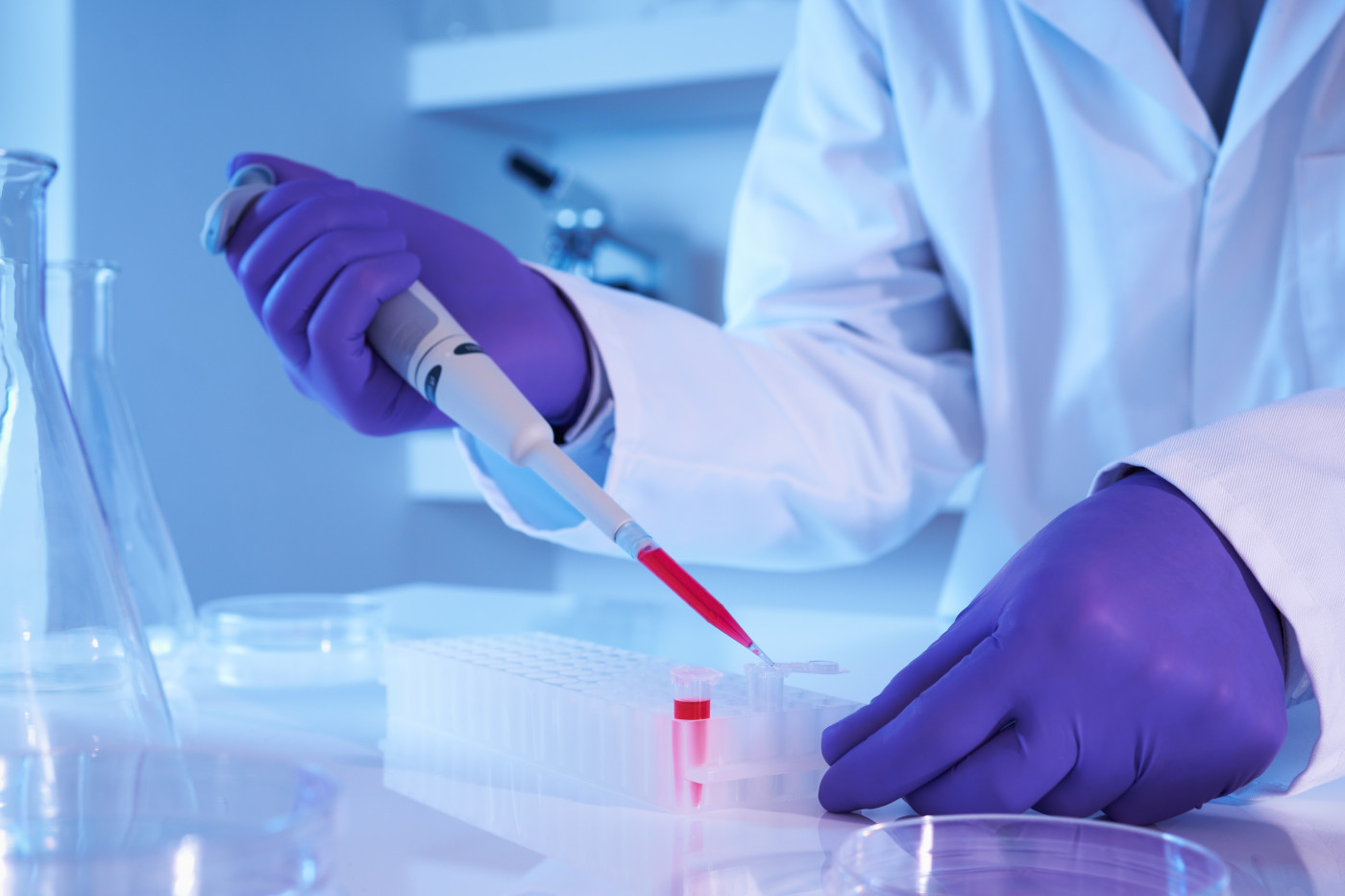Magenta Therapeutics to Advance Safer Immune Reset Therapy for MS Stem Cell Transplant in 2020
Written by |

Magenta Therapeutics will continue to advance its investigational conditioning therapy CD45-ADC for patients with autoimmune diseases undergoing stem cell transplants, the company highlighted in a progress report.
CD45-ADC is a therapy designed to remove disease-causing immune cells in a safer way when preparing patients for a stem cell transplant to treat autoimmune conditions such as multiple sclerosis (MS). Given the promising early results in mouse models of MS, Magenta plans to continue its preclinical tests to collect enough data to request the permission of the U.S. Food and Drug Administration (FDA) to start the first clinical tests in humans.
The plan is part of the company’s 2020 goals, which were presented at the 38th Annual J.P. Morgan Healthcare Conference, held this week in California.
While standard-of-care for MS involves years of continued medical treatment, a stem cell transplant — to reset the patient’s immune system and replace it with a healthy one — has demonstrated durable remission in thousands of patients with autoimmune diseases, Magenta said.
Yet, only a fraction of patients are eligible for a transplant, in part due to the toxicity associated with current treatments that outweighs the potential benefits.
A stem cell transplant involves two main steps: removing the self-reactive, disease-causing cells (a process also known as conditioning), and replacing them with healthy blood-forming (hematopoietic) stem cells to regenerate a healthy immune system.
Patients with autoimmune diseases undergo an autologous transplant, which means the patient’s own stem cells are used in the procedure.
Current conditioning regimens to deplete the ill immune system consist of toxic, and non-specific chemotherapy or radiation. These treatments can lead to significant side effects including infertility, cancer, organ damage, or death.
Magenta is developing CD45-ADC to overcome that risk, so that patients can be more rapidly and safely conditioned before receiving the transplant, without the need for chemotherapy or radiation.
CD45-ADC is an antibody-drug conjugate (ADC) being developed by Magenta Therapeutics in collaboration with Heidelberg Pharma. The agent works by delivering amanitin — a natural poison — to the patient’s cells expressing the CD45 protein on their surface (this marker is typically present in immune cells and stem cells). Amanitin destroys the cells that are attacking the patient’s own tissues and causing their autoimmune disease, thereby resetting the immune system.
Preclinical results presented at the 2019 American College of Rheumatology Annual Meeting, held in Atlanta in November, showed that a single dose of CD45-ADC was well-tolerated, removed reactive immune T-cells, and rebuilt the immune system in a validated mouse model of MS.
Single-dose treatment with CD45-ADC followed by a stem cell transplant significantly reduced disease symptoms and delayed disease onset in this model. The treatment also showed promising results in models for other autoimmune conditions, including systemic scleroderma and inflammatory arthritis.
Based on these encouraging data, Magenta plans to advance into testing on humans. However, more preclinical studies are needed first, to confirm that CD45-ADC has pharmacological activity while being reasonably safe for use in humans.
The main goal is to obtain sufficient data to file an Investigational New Drug Application, the legal means by which a sponsor obtains FDA approval to distribute an investigational compound to clinical investigators to start the first clinical tests in humans.
“In 2019 we generated landmark data from our ADC-based targeted patient preparation platform, which is delivering a new class of antibody-drug conjugates (ADCs) that have the power to bring one-time treatment to more patients with autoimmune diseases, blood cancers, and genetic diseases,” Jason Gardner, PhD, president and CEO at Magenta, said in a press release.
Apart from CD45-ADC, Magenta plans to advance other conditioning platforms and clinical programs in 2020.


